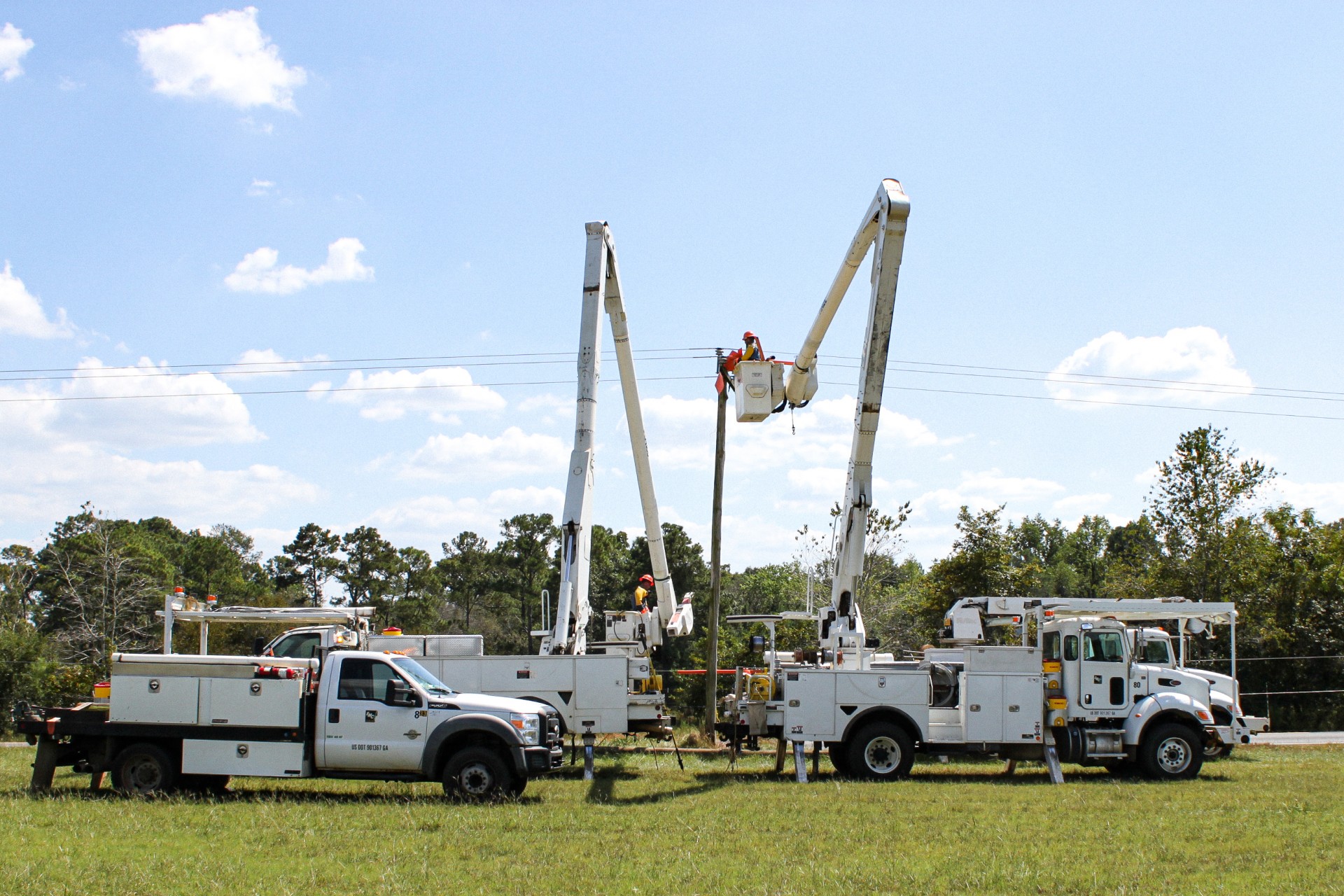About Us
Colquitt EMC is a not-for-profit electric membership cooperative located in South Georgia. Colquitt EMC delivers safe, reliable and affordable electricity to residential and commercial members in a seven-county service area, including Berrien, Brooks, Colquitt, Cook, Lowndes, Tift and Worth.
Our Mission
Colquitt EMC’s mission is to provide safe, reliable and affordable power to all members.
The Cooperative Difference
As a not-for-profit, member-owned corporation, Colquitt EMC is dedicated to providing members with the best possible service at the lowest possible cost. Colquitt EMC is regulated by a board of nine directors, elected from and by the members of this cooperative.
The Seven Cooperative Principles
Cooperatives around the world operate according to a core set of principles that make electric cooperatives different from other electric utilities.
Open and Voluntary Membership
Membership in a cooperative is open to all people who can reasonably use its services and stand willing to accept the responsibilities of membership, regardless of race, religion, gender, or economic circumstances.
Democratic Member Control
Cooperatives are democratic organizations controlled by their members, who actively participate in setting policies and making decisions. Representatives (directors) are elected among the membership and are accountable to them. In primary cooperatives, members have equal voting rights (one member, one vote); cooperatives at other levels are organized in a democratic manner.
Member’s Economic Participation
Members contribute equitably to, and democratically control, the capital of their cooperative. At least part of that capital remains the common property of the cooperative. Members allocate surpluses for any or all of the following purposes: developing the cooperative; setting up reserves; benefiting members in proportion to their transactions with the cooperative; and supporting other activities approved by the membership.
Autonomy and Independence
Cooperatives are autonomous, self-help organizations controlled by their members. If they enter into agreements with other organizations, including governments, or raise capital from external sources, they do so on terms that ensure democratic control as well as their unique identity.
Education, Training and Information
Education and training for members, elected representatives (directors), CEOs, and employees help them effectively contribute to the development of their cooperatives. Communications about the nature and benefits of cooperatives, particularly with the general public and opinion leaders, help boost cooperative understanding.
Cooperation Among Cooperatives
By working together through local, national, regional and international structures, cooperatives improve services, bolster local economies, and deal more effectively with social and community needs.
Concern for Community
Cooperatives work for the sustainable development of their communities through policies supported by the membership.
